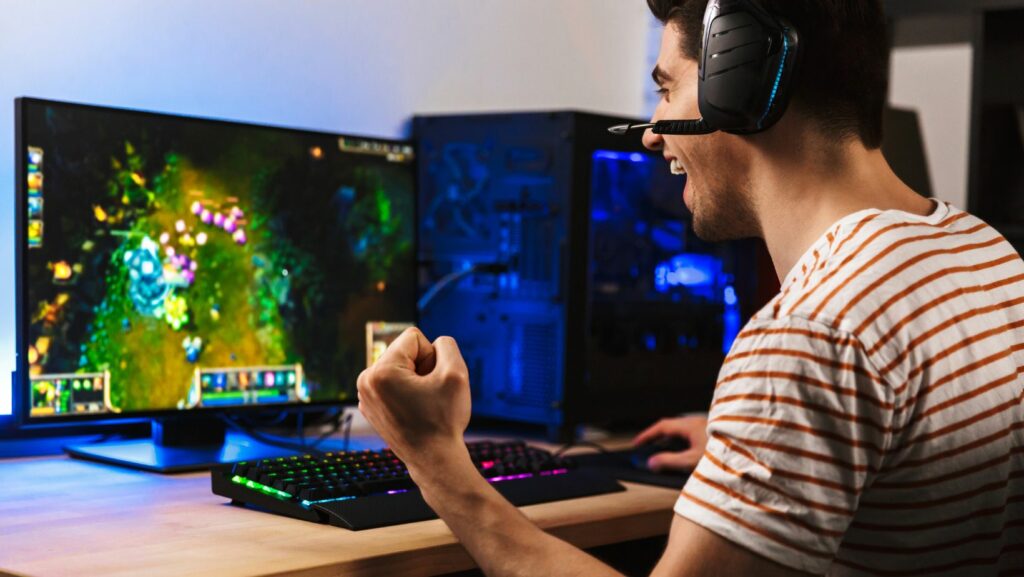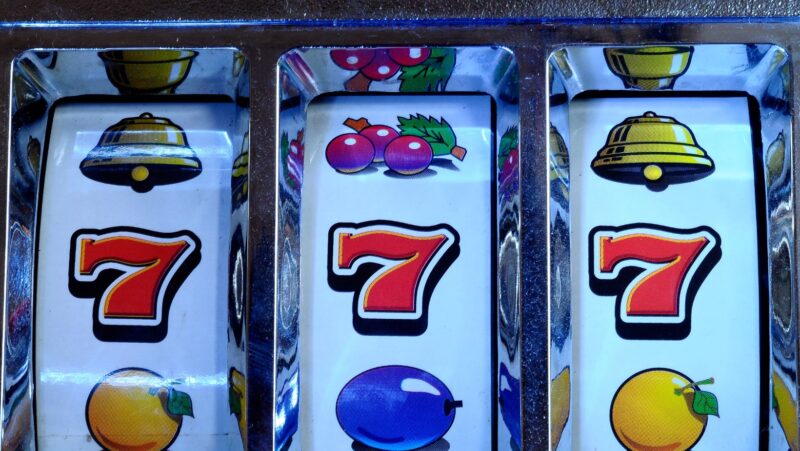
What Are Gacha Games?
Gacha games, like Genshin Impact and Honkai Impact 3rd, feature a mechanic where you can spend in-game currency (or real money) to receive random virtual items.
In Genshin, for instance, you can spend Primogems to get new characters or weapons. But why is this system so addictive? Let’s unravel the psychology behind it. If you enjoy playing online and getting sweet treats, then look no further than Cookie Casino in all its captivating glory. It’ll give the thrill of Genshin a run for it’s money!
The Thrill of the Unknown
One of the key factors that make this system so alluring is the element of surprise. When you ‘pull’ or ‘wish’ for something, it’s spectacular. Music starts playing, animations burst onto the screen, making the act feel like a significant event. The developers are well aware that this buildup amplifies your sense of anticipation.
This experience targets the brain’s reward circuitry, releasing dopamine. This neurotransmitter is the same one that gets released when we eat delicious food or achieve success. Dopamine is often termed the “pleasure hormone,” but it’s safer to describe it as a “desire hormone.” It makes us want to engage in the activity that gave us that feeling over and over again.
Variable Reward System
The rewards in gacha games are not consistent; they vary. Sometimes you might get something amazing, and other times, you’ll end up with junk. Unlike a fixed system, where you might get a reward every five or ten pulls, the variable system keeps you guessing. You might get back-to-back five-star characters, or you could go twenty pulls with only minor rewards.

This unpredictability not only adds excitement but also creates a mental trap known as the “sunk cost fallacy.” The more you invest without getting it, the harder it becomes to walk away. You start to think, “I’ve already spent so much; I can’t quit now, or it’ll be a waste.” This pattern keeps you engaged, even when you’re not getting what you want, pulling you deeper into the game.
The Fear of Missing Out (FOMO)
Most gacha games have limited-time events where exclusive items or characters are available for a short period. Nobody wants to be the one who missed out on getting that super cool, limited-edition character. The developers go the extra mile by making them especially powerful or unique. They may have special abilities or aesthetic elements that aren’t present in the regular pool of rewards.
Think of it like a ‘flash sale,’ where you’re more likely to buy something because you know the deal won’t last long. This exclusivity makes the content even more desirable, adding another layer of urgency. A tried-and-true marketing tactic, tapping into our natural instinct to get scarce resources.
How It Adds Up
You have the thrill of the unknown, a variable reward system, FOMO, and social pressure all working together. The combination of these elements can make this type of gameplay pretty addictive.
Players get trapped in a cycle of excitement, anticipation, and sometimes, disappointment. But that feeling is often short-lived because the hope that the next pull will be better keeps you coming back.
The Dark Side
While gacha games can be fun, they can also lead to problematic spending. It’s not uncommon to hear stories about players who have spent thousands of dollars on in-game purchases.
They are always chasing after that elusive, high-rarity item. If you find yourself getting too caught up, it might be a good idea to take a step back and test whether the time and money you’re investing are worth it.
Final Thoughts
Gacha is engaging and addictive as it taps into various psychological cues. They give us bursts of dopamine, keep us on our toes, and make us eager to come back for more with time-limited events. While they do offer a lot of fun and excitement, it’s important to play with diligence and be aware of how much you’re investing.

Enjoying them isn’t the issue; it’s losing sight of their true cost—both emotional and financial—that poses the risk. As captivating as these virtual spaces are, keeping a balanced perspective ensures that your gaming remains a source of entertainment, not stress or financial strain.










